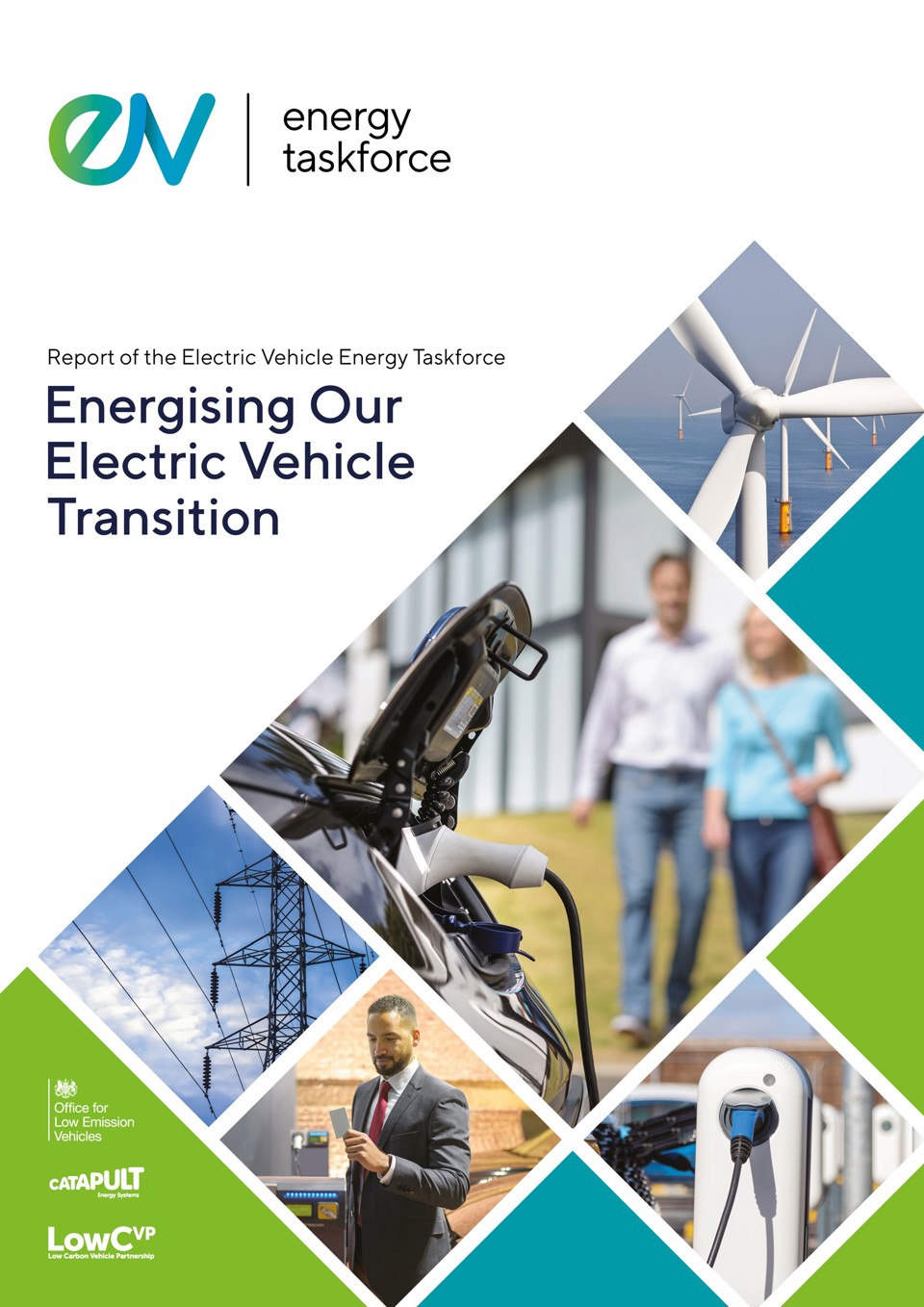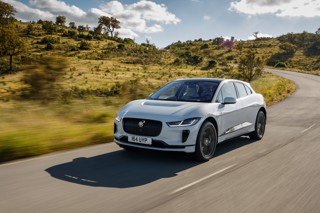The Electric Vehicle Energy Taskforce has made a series of recommendations to enable the efficient integration of electric vehicles (EVs).
The Electric Vehicle Energy Taskforce, which is comprised of 350 organisations, was established in September 2018, following the Zero Emission Vehicle Summit, held in Birmingham.
The Low Carbon Vehicle Partnership was asked to convene and facilitate the work of the Taskforce.
It was charged with making suggestions to Government and industry to ensure that the energy system is ready for and able to facilitate and exploit the mass take up of EVs.
Yesterday, it submitted 21 key proposals to enable the efficient integration of EVs in a new report.
The proposals include:
- Placing consumer needs at the centre of the EV transition.
- Providing financial incentives to EV drivers to ensure that the potential energy storage capacity of millions of electric vehicles is used to reduce peak demand.
- Prioritising ease of access to public charge points and introducing greater standardisation across the charging network to provide easy access for all.
- Establishing an independent body to promote the benefits of smart charging through a major publicity campaign to ensure EV drivers are confident and well informed.
- Co-ordinating energy and transport planning to ensure we have the right infrastructure in the right place.
An AA Populus survey of more than 17,000 motorists found that the vast majority underestimate their potential monthly savings from running an EV.
The survey found that the average car driver thinks they can save around £30 a month; less than half the actual saving possible.
The same survey found that an overwhelming majority of car drivers believe that easy inter-operability between charge points is a key factor in deciding whether or not drivers will buy an EV.
Philip New, chief executive of the Energy Systems Catapult and the EV Energy Taskforce chair, said: “Ensuring that the mass roll-out of electric vehicles delivers benefits for both drivers and the wider energy system requires actions from industry, Government and the regulator, including creating the new markets and policies that can unlock EVs’ huge potential.”
In order to meet climate change targets, the Government has already announced that conventionally powered cars will be phased out by 2040.
The Committee on Climate Change estimates that the new net zero target could mean that this date will be brought forward. National Grid ESO’s Future Energy Scenarios show that 11.9 million vehicles could be electric by 2030.
The Taskforce expects electric vehicles to become ubiquitous on Britain’s roads, providing a significant challenge – and opportunity – for the UK’s electricity network.
Coordinating the introduction of a smart charging infrastructure will enable network operators to balance demand and supply through an electricity grid increasingly incorporating intermittent renewable energy sources, it says.
EV drivers willing to charge their vehicles during periods of low electricity demand or when surplus renewable energy is being generated will benefit from lower fuel costs in the transition ahead.
Three important recommendations also relate to the correct use of consumers’ personal data and the means to ensure people’s privacy is properly protected and smart charging of EVs is secure.
Minister for the future of transport George Freeman said: “Government commissioned the Taskforce to advise how we can best work with industry to make sure the energy system is ready for the transition to electric vehicles. This report provides important evidence to shape the next stage of our Road to Zero roadmap.”
Business Minister Nadhim Zahawi added: “This report takes us a step closer towards the mass uptake of electric vehicles on our streets – providing guidance to ensure our energy system is prepared for an electric transport revolution and helping consumers top-up their vehicle more cheaply and conveniently on the go.”
Andy Eastlake, LowCVP's managing director, concluded: “Developing a multi-stakeholder co-ordinated view on what is needed to liberate the electric vehicle smart charging sector has been vital in providing ‘no regret’ proposals to government and industry.”
To download the Taskforce report, click here.






















Login to comment
Comments
No comments have been made yet.